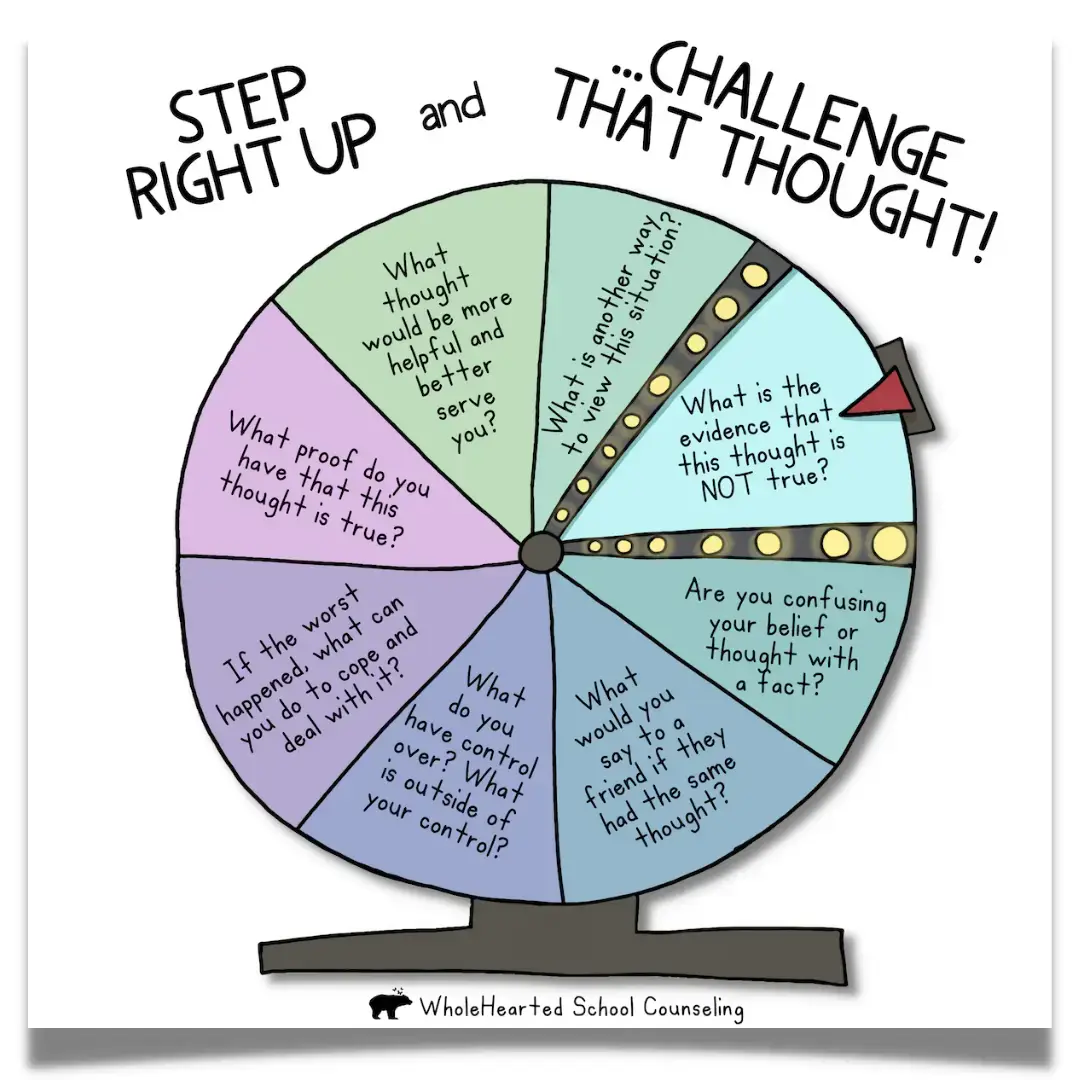Understanding the Perks of Teenager Therapy for Psychological Wellness
Young adult treatment plays a critical role in supporting psychological health during an essential phase of growth. It urges teens to reveal their feelings and furnishes them with necessary coping methods. As they participate in this therapeutic procedure, they not only boost their interaction skills but likewise foster meaningful relationships. therapists for teenagers near me. The influence of treatment extends beyond instant advantages. Comprehending how these components link exposes much deeper insights right into the long-term benefits of treatment for young adults
The Value of Psychological Expression in Teens
Although lots of adolescents battle with emotional expression, it plays an essential function in their advancement and well-being. Throughout this transformative phase, the ability to articulate feelings can considerably impact their mental health. When adolescents reveal their feelings, they cultivate self-awareness, enabling them to understand their feelings and experiences more deeply. This understanding can bring about much healthier partnerships, as open communication advertises empathy and connection with peers and family members.
Psychological expression serves as a vital outlet for stress and stress and anxiety, minimizing the likelihood of internalizing adverse feelings. Teens who really feel comfy expressing feelings are extra furnished to navigate obstacles and problems, enhancing their durability. This ability not only advantages their instant emotion yet also lays the foundation for long-lasting psychological intelligence. Thus, nurturing emotional expression in teenagers is vital for their total development and future wellness, encouraging them to become balanced and mentally healthy grownups.
Structure Coping Skills Via Treatment

Lots of adolescents profit significantly from therapy as it supplies them with vital coping abilities to take care of life's challenges. Treatment gears up young adults with tools to navigate difficult feelings, stress factors, and interpersonal disputes. With various therapeutic techniques, such as cognitive-behavioral strategies and mindfulness techniques, teens discover to identify adverse thought patterns and change them with even more useful ones.
These abilities are important for promoting resilience and emotional regulation. Additionally, treatment urges the advancement of problem-solving abilities, which equip teens to confront obstacles instead of prevent them. By exercising coping techniques in a risk-free environment, teens gain confidence in their capability to deal with future problems.
Ultimately, the coping skills acquired throughout treatment not just boost immediate emotional well-being but additionally lay a structure for long-lasting psychological health. As young adults discover to use these skills, they come to be more adept at handling stress and navigating the intricacies of their developmental years.
Enhancing Communication and Relationships
Therapy not just aids in building coping abilities but additionally plays an important role in enhancing communication and relationships for teens. Through led communications, teens learn to share their thoughts and feelings better, cultivating open discussion with peers and relative. This improved communication is vital during a developmental phase identified by psychological disturbance and social intricacies.
In therapy, teenagers explore the characteristics of their connections, gaining understandings into both spoken and non-verbal cues. They create active paying attention skills and compassion, which are vital for supporting healthy and balanced links. As they learn to express their emotions, misunderstandings and conflicts commonly lessen, leading to stronger bonds with good friends and family.
In addition, treatment encourages young adults to establish boundaries and recognize undesirable patterns in their relationships. By dealing with these concerns, they can grow extra helpful and satisfying connections, ultimately enhancing their total emotional wellness.
Creating Self-Identity and Confidence

As young adults navigate the intricacies of teenage years, creating a strong sense of self-identity and confidence comes to be crucial. Treatment gives a risk-free area for young adults to explore their ideas, experiences, and feelings, enabling them to comprehend who they are past outside expectations. Via assisted conversations and tasks, they can recognize their rate of interests, strengths, and worths, which check over here add to a much more systematic self-concept.
Furthermore, treatment motivates young adults to accept their uniqueness, cultivating a sense of pride in their distinct top qualities. As they discover to verbalize their sensations and ideas, their self-esteem typically enhances, causing boosted self-confidence in various elements of life, including social interactions and decision-making.
Inevitably, therapy works as a beneficial device in helping adolescents develop a durable self-identity, empowering them to browse their developmental years with better guarantee and authenticity (teenager therapy). This structure is vital for their emotional health and future individual growth
Fostering Strength in the Face of Difficulties
While navigating the troubled landscape of teenage years, teens usually encounter numerous difficulties that examination their emotional stamina and flexibility. Therapy functions as a critical tool in promoting durability throughout these developmental years. With therapeutic interventions, teenagers learn to recognize their emotional feedbacks and develop coping approaches that empower them to face his explanation hardship.

In a supportive environment, they discover their feelings, enabling them to process problems and frustrations more efficiently. This procedure not only improves emotional law however likewise urges a development frame of mind, where challenges are watched as possibilities for growth instead of overwhelming barriers.
Frequently Asked Questions
Just how Do I Know if My Young Adult Demands Treatment?
Signs that a teen might need treatment consist of relentless unhappiness, withdrawal from activities, modifications in eating or resting habits, scholastic decrease, substance usage, or constant mood swings. counselling for teens. Observing these actions can indicate the requirement for professional assistance
What Kinds of Treatment Are Ideal for Teenagers?
Cognitive-behavioral treatment, dialectical habits therapy, and household treatment work for teenagers. Each technique addresses emotional challenges distinctly, advertising coping abilities, emotional policy, and boosted family dynamics, eventually promoting much healthier interaction and emotional durability.
Just How Can I Support My Teenager During Therapy?
Supporting a teen throughout therapy involves active listening, encouraging open communication, showing compassion, and valuing their personal privacy. Additionally, providing a stable atmosphere and acknowledging their feelings can substantially boost their therapeutic experience and emotional growth.
What Should I Anticipate in a Treatment Session?
In a therapy session, one can expect conversations about behaviors, thoughts, and sensations. The therapist may make use of different techniques to cultivate understanding, build trust, and urge self-reflection, eventually leading the specific in the direction of personal growth and healing.
Exist Any Type Of Risks Related To Teenage Therapy?

Yes, dangers connected with teen treatment may consist of sensations of discomfort, prospective miscommunication, or emotional distress throughout sessions. In addition, if not correctly matched with a specialist, the restorative partnership may hinder progress and count on.
Teenager treatment plays a critical function in supporting psychological well-being during an essential stage of advancement. Inevitably, the coping skills obtained during therapy not only enhance immediate psychological wellness but likewise lay a foundation for long-lasting mental health and wellness. Treatment supplies a risk-free room for teens to discover their thoughts, feelings, and experiences, enabling them to understand who they are past exterior assumptions. Cognitive-behavioral therapy, dialectical behavior treatment, and click here now family members therapy are reliable for teens. Yes, risks connected with adolescent treatment may consist of feelings of discomfort, potential miscommunication, or psychological distress throughout sessions.